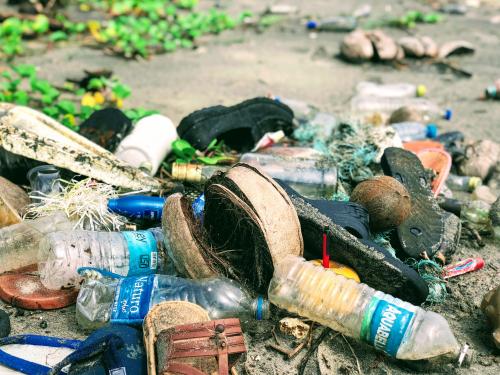Canada, the UK, and the US often ship contaminated, mixed, or non-recyclable waste to Indonesia, Malaysia, and the Philippines, among other countries. This enables richer countries to adopt an ‘out of sight, out of mind mentality’ and avoid the unpleasant and often costly disposal process. Consequently, much of this waste eventually pollute land and waterways as many of the receiving countries are not equipped to deal with it. We currently produce around 300 million tonnes of plastic waste every year worldwide, and it’s expected to significantly increase unless urgent action is taken.
On Friday, May 10th, a landmark UN plastic waste pact was approved in Geneva, Switzerland. As part of the Basel Convention, (an international treaty aimed at reducing the movement of hazardous materials between nations) it received 187 signatory countries (excluding the US). Expected to take effect in a year, this deal will restrict exporting countries from shipping hard-to-recycle plastic waste to receiving countries, according to the Guardian. This updated international law will require more transparency as receiving countries must be informed if plastics are included in waste shipments. This will ultimately help empower them since they will by law be allowed to give or revoke consent. Perhaps this new development will help decrease plastic waste production and improve recycling infrastructure in Canada.
To learn more about this complex issue, check out this informative Conversation article.

Photo by John Cameron on Unsplash
- Log in to post comments



CRC Comments